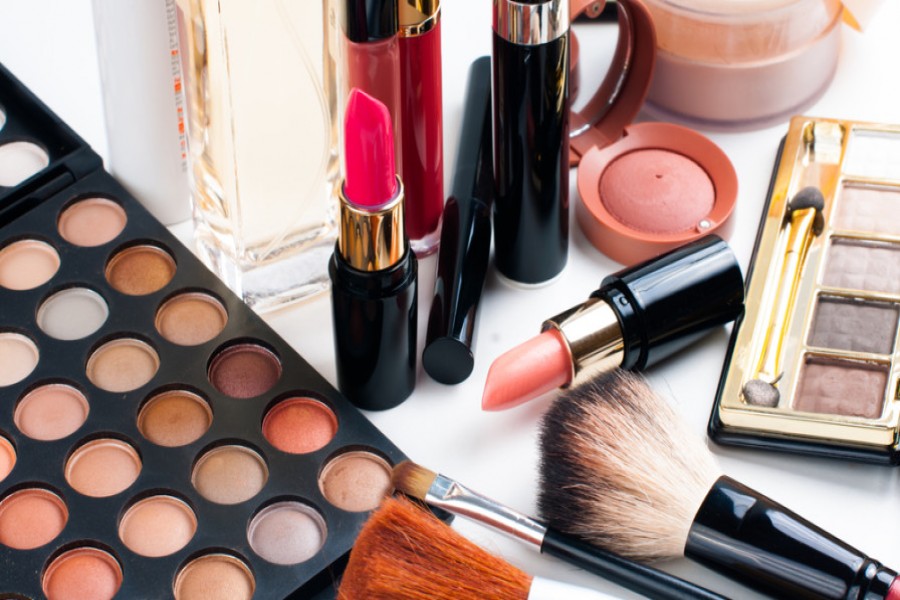
Published :
Updated :

Although belated, the suspension of eight foreign brands of skin-whitening cream by the Bangladesh Standards and Testing Institute (BSTI) is a highly positive move. The reason why the fairness products were declared unsuitable for marketing and sale in the country's market is the presence of high levels -far above the accepted limits --of mercury and hydroquinone in those. However, why the BSTI's punitive measure is limited to just suspension which means imposition of a temporary ban not a permanent one is somewhat baffling. While the accepted level of mercury in any brand of cream is 1.0 part/s per million (ppm), the suspended brands of cream -incidentally all the eight from Pakistan -were found to contain between 590 and 948 ppm. The lowest ppm was 193.68 in a brand. The levels of hydroquinone were given for two brands at 1980.68 ppm and 434.73 ppm respectively. Whether the rest did not contain the latter chemical is not clear.
Whether other brands of fairness cream have hydroquinone or not is of little importance so long as those are mercury laden. The harmful effects of mercury are a good enough cause for imposition of a ban on those products. In fact the very idea of an artificial method of tinkering with the natural colour has its roots in racism. People are born dark or black, brown, olive and fair. It is futile to try to transform a dark person into a white one. What matters most is glow and no artificial substance can give one such a natural glow. If one maintains sound health in a sound body, the luminosity that radiates even from a black person can beat fading fairness. Well, heavy makeup can temporarily give one a look of someone else but at a considerable cost of money and skin's natural colour.
Before skin-whitening creams from factories invaded the market, proven traditional methods of keeping skin fresh were in vogue in this part of the world. Both local and multinational companies now spend millions of dollars on advertisements on fairness cream but intriguingly they claim that their brands are special because based on traditional knowledge and natural ingredients they have manufactured the products. There is definitely a slip between the cup and the lips when even the top brands available in the market make such a claim. It is the ads that overwhelm not so educated but gullible segments -girls and women in particular.
Social perception about skin colour is mostly to blame, no doubt. The brands blacklisted are only a small portion of beauty products that prove harmful to human body. Nail polish, lipstick , lip gel, eyeliner, mascara, shampoo, body soap, after-shave lotion, and even liquid hand-wash contain excessive chemical contents and may cause diseases like skin rash and even skin cancer. Consumerism has been pushed to an audacious level where consumers are bombarded with messages that often cause them an inferiority complex. It is incomprehensible why foreign beauty products get the better of local ones. At least some of the known brands here are unlikely to contain harmful agents at the atrocious level. Online shopping may be responsible for promotion of the harmful products. Here is a new frontier that has to be brought under regulation. A neighbouring country has recently slapped a ban on advertisements promoting fairness cream.


 For all latest news, follow The Financial Express Google News channel.
For all latest news, follow The Financial Express Google News channel.